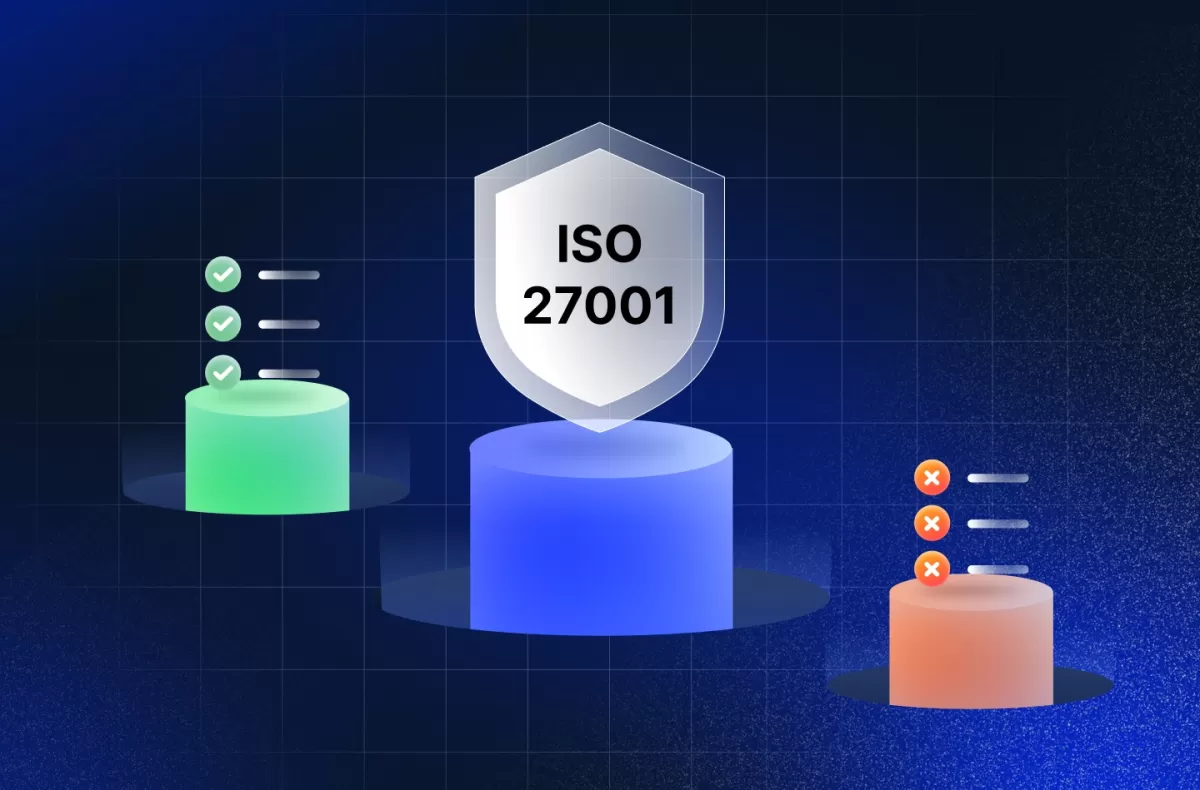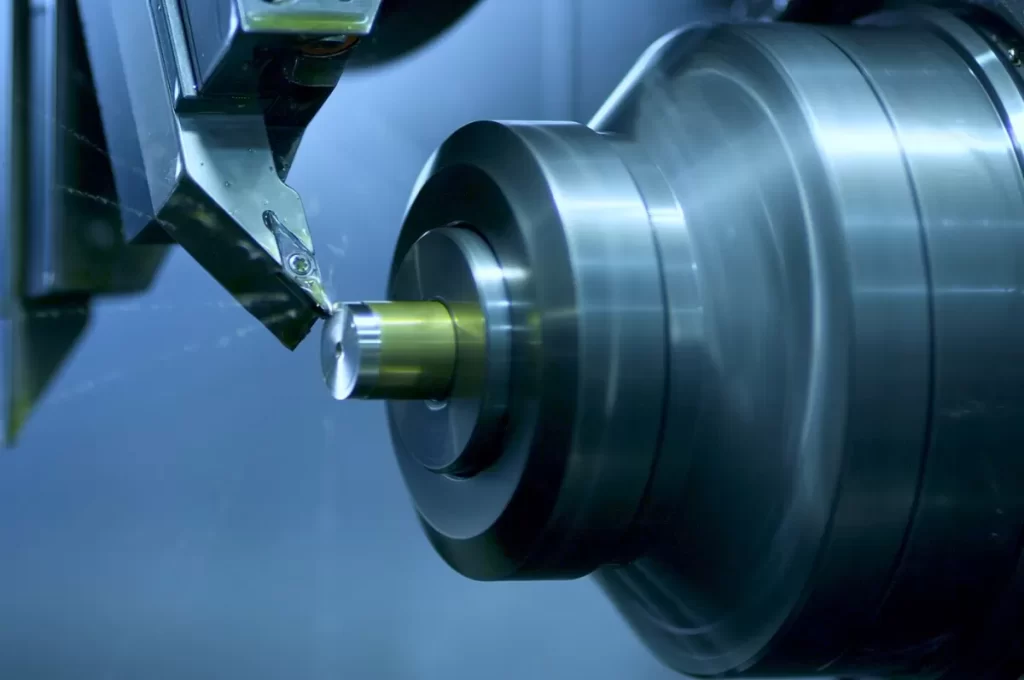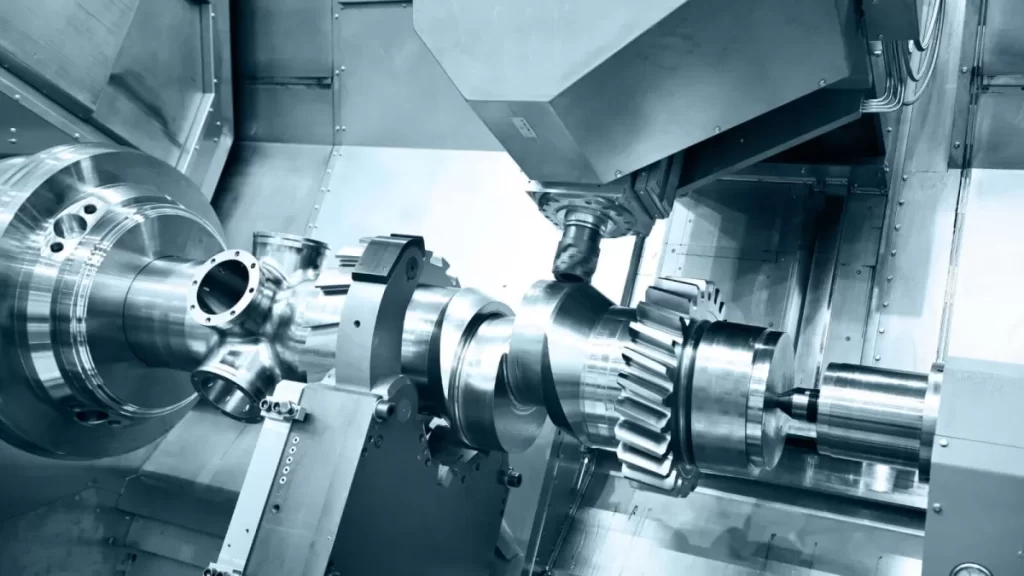Why Certifications Matter in Manufacturing Engineering
Certifications play a crucial role in manufacturing engineering by opening doors to career advancement and keeping skills up to date. In a competitive field like CNC machining and manufacturing process optimization, holding recognized credentials shows employers you’re serious about quality and efficiency. Certifications like the Certified Manufacturing Engineer (CMfgE) or Lean Manufacturing Certification don’t just prove your knowledge—they can fast-track promotions and salary raises.
Industry relevance is another key reason certifications matter. Manufacturing standards and technologies evolve rapidly. Staying certified means you’re always aligned with the latest best practices, whether it’s ISO 9001 engineer training or Six Sigma for engineers. This keeps you valuable in a market driven by continuous improvement.
At HYCNC, we see firsthand how certified professionals outperform and contribute to stronger results in CNC service and manufacturing projects. That’s why we encourage our team to pursue certifications—they improve quality, reduce costs, and give both individuals and the company a competitive edge. Whether you’re just starting or looking to level up, certifications are essential for long-term success in manufacturing engineering.
The 7 Essential Certifications for Manufacturing Engineers

If you’re in manufacturing engineering or CNC machining, these 7 certifications can boost your skills and career. They cover everything from process optimization to quality control and align well with HYCNC’s industry standards.
Certified Manufacturing Engineer (CMfgE)
Offered by SME, this certification proves your expertise in manufacturing processes and management.
- Requirements: Several years of experience and passing an exam.
- Benefits: Shows you’re skilled in improving manufacturing performance and leading projects.
- Why HYCNC values it: It guarantees engineers understand complex CNC services and can optimize production efficiently.
Certified Manufacturing Technologist (CMfgT)
Also from SME, this is for early-career professionals focused on technical skills.
- Requirements: A combination of education and entry-level experience.
- Benefits: Validates your practical knowledge in manufacturing technologies.
- Why HYCNC values it: It helps technicians deliver reliable CNC machining setups and maintain high quality.
Lean Certification (Bronze, Silver, Gold)
SME offers three levels of Lean certification that target waste reduction and process improvement.
- Requirements: Training and exam at each level.
- Benefits: Improves your ability to streamline workflows and boost efficiency.
- Why HYCNC values it: Lean principles are key to delivering CNC parts faster and at lower costs.
Certified Quality Engineer (CQE)
Provided by ASQ, this cert focuses on quality management systems and problem-solving tools.
- Requirements: Work experience in quality and passing the ASQ exam.
- Benefits: Shows your capability in maintaining high manufacturing standards.
- Why HYCNC values it: Ensures products meet spec consistently, critical in CNC service.
ISO 9001 Lead Auditor
Through Exemplar Global, you get trained to audit and maintain ISO 9001 quality systems.
- Requirements: Completing lead auditor training and passing the exam.
- Benefits: You can lead quality audits and improve compliance.
- Why HYCNC values it: Helps maintain ISO-certified processes, a must in the US manufacturing space.
Six Sigma Green Belt and Black Belt
Offered by ASQ or IASSC, these certifications focus on reducing defects and process variation.
- Requirements: Training plus passing tests; Black Belt requires project leadership.
- Benefits: Strong skills in data-driven process improvements.
- Why HYCNC values it: Six Sigma methods raise precision in CNC machining, reducing waste.
Fundamentals of Engineering (FE) Exam
Administered by NCEES, it’s the first step toward becoming a licensed Professional Engineer (PE).
- Requirements: Passing the FE exam after your degree.
- Benefits: Recognized engineering qualification for career growth.
- Why HYCNC values it: Licensure proves your engineering knowledge and ethical commitment, strengthening client trust.
Each certification supports different parts of manufacturing and CNC machining. Picking the right one depends on where you want to go in your manufacturing engineering career and what skills HYCNC and the broader US market need most.
How to Choose the Right Certification
Picking the right manufacturing engineering certification depends on where you are in your career and what your goals are. Here’s how to narrow it down:
Consider Your Career Stage
- If you’re starting out, certifications like the Fundamentals of Engineering (FE) exam or Certified Manufacturing Technologist (CMfgT) are great for building a solid foundation.
- For experienced engineers, the Certified Manufacturing Engineer (CMfgE) or Lean and Six Sigma certifications add real value to your resume.
Look at Industry Needs
- Check job listings or talk to local employers like HYCNC to see which certifications they prefer. CNC machining roles often favor certifications tied to Lean manufacturing or Six Sigma for engineers since these improve process efficiency.
- Quality management certifications like Certified Quality Engineer (CQE) or ISO 9001 Lead Auditor are highly sought in industries focused on compliance and standards.
Factor in Time and Cost
- Some certifications take longer and cost more, such as the CMfgE or Six Sigma Black Belt, while others like Lean Bronze or Green Belt can be earned more quickly and affordably.
- Balance your schedule and budget before committing.
HYCNC Tip
- Reach out to your employer or local training centers—they often provide resources or partnerships to help you prepare and even cover some costs. Align your certification choice with the skills you want to use every day on the shop floor or in engineering projects.
Choosing the right certification is about matching your career goals, industry demands, and what fits your timeline and resources. This way, you get real return on your investment in credentials.
How Certifications Benefit Employers Like HYCNC
Certifications bring real value to companies like HYCNC by boosting overall quality, cutting costs, and giving a competitive edge in the CNC machining market. Here’s how:
-
Improved Quality: Certified engineers follow proven standards and best practices, which means products meet higher quality benchmarks and fewer defects. This leads to stronger customer trust and fewer costly reworks.
-
Cost Efficiency: With certifications in Lean manufacturing, Six Sigma, and quality management, engineers learn how to streamline processes, reduce waste, and optimize manufacturing steps. That translates into lower production costs and faster turnaround times for HYCNC.
-
Competitive Edge: Having a certified manufacturing engineering team sets HYCNC apart when bidding for jobs or attracting clients. Certifications like CMfgE or CQE show expertise and commitment to excellence, making the company a preferred partner in the U.S. CNC machining industry.
In short, certifications aren’t just good for engineers—they elevate the entire operation, helping HYCNC deliver better results and stay ahead in a crowded market.
Steps to Get Certified

Getting certified in manufacturing engineering is a straightforward process if you follow these key steps:
-
Research
Start by identifying which certification fits your career goals and industry demands. Look into exam requirements, costs, and renewal policies. Explore resources from organizations like SME, ASQ, or NCEES to get clear details.
-
Prepare
Use study guides, online courses, and practice exams related to your chosen certification. Join study groups or workshops to deepen your understanding, especially for hands-on credentials like CNC machining or Six Sigma.
-
Apply and Test
Submit your application along with any required documents such as work experience proof or education transcripts. Schedule your exam and take it either online or at a testing center. Make sure to follow all instructions to avoid delays.
-
Maintain Certification
Most certifications require ongoing education or periodic renewal. Keep track of deadlines and complete any continuing education units (CEUs) or professional development hours to stay certified and relevant in your field.
Following these steps can help you earn manufacturing engineering certifications that open doors for you and boost your CNC machining credentials or process optimization skills.
FAQs about Manufacturing Engineering Certifications
What is the easiest manufacturing engineering certification to obtain?
The Certified Manufacturing Technologist (CMfgT) is often considered the easiest to start with. It has fewer experience requirements and focuses on foundational manufacturing engineering skills, making it ideal for those early in their careers.
How long does it take to earn a CMfgE certification?
Earning the Certified Manufacturing Engineer (CMfgE) certification typically takes several months to a year. It depends on your preparation time, meeting the experience requirements, and passing the exam.
Are certifications necessary for a career in CNC machining?
Certifications aren’t always mandatory in CNC machining, but they definitely give you a competitive edge. They show employers like HYCNC that you have the verified skills and knowledge to deliver quality work and understand complex CNC processes.
Can HYCNC help with certification training or job placement?
Yes, HYCNC supports professionals aiming for manufacturing engineering and CNC machining certifications. They offer guidance on training paths and may assist with networking or job placement in the industry to boost your career growth.
For more about enhancing your CNC knowledge, check out our G code vs M code in CNC manufacturing article.




